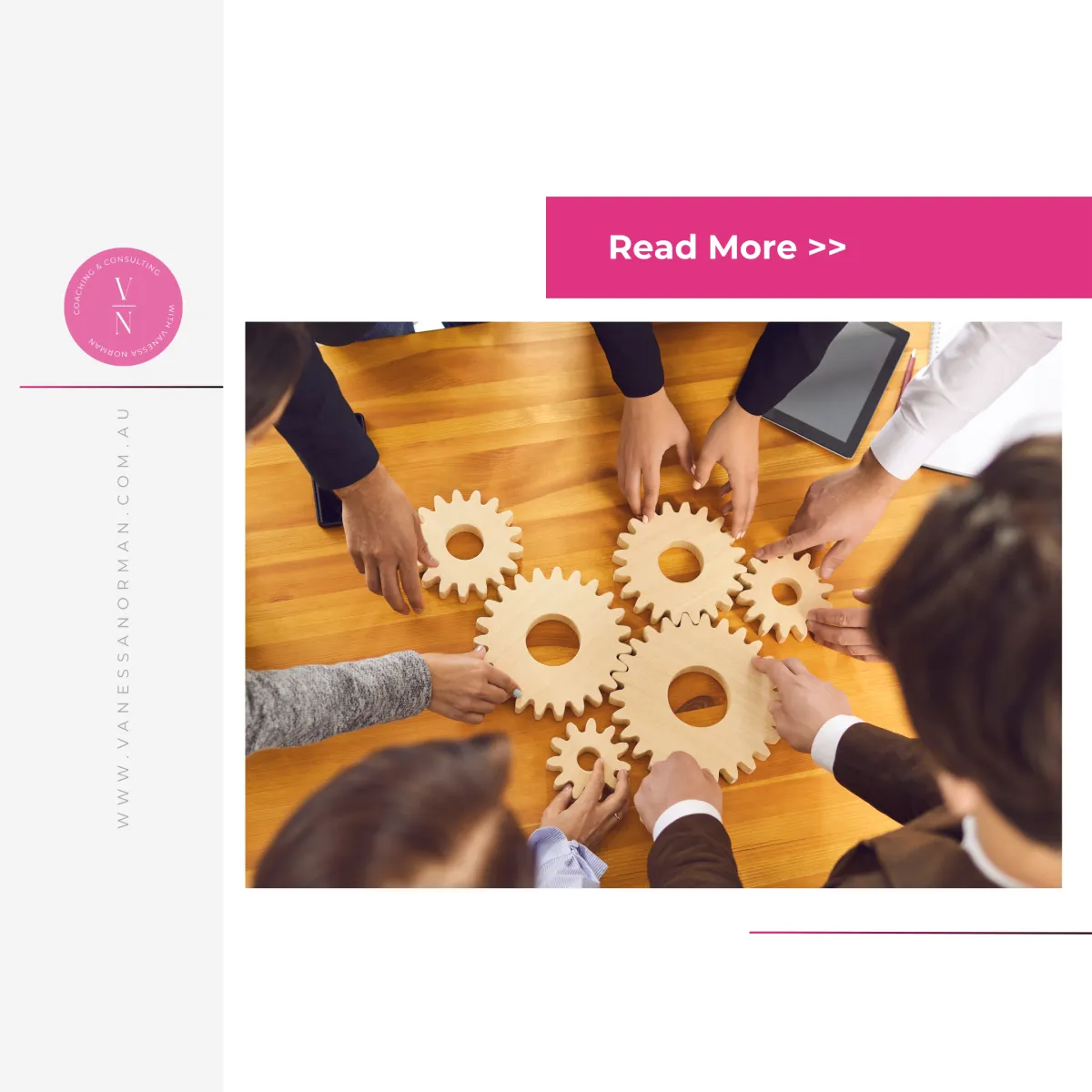
When Providers Pull Out: Lessons From CentaCare’s Withdrawal From the NDIS
In August 2025, CentaCare made headlines when it announced it would withdraw from delivering NDIS disability services. Overnight, 700 participants and 600 staff were left in limbo.
For families, it was devastating. For workers, it was destabilising. And for the sector, it was a wake up call.
Because if a large and established provider can decide the NDIS is no longer sustainable for them, what does that mean for smaller businesses? And more importantly, what lessons can we learn so history does not repeat itself?
Why CentaCare Withdrew
While we do not know every detail of CentaCare’s decision, the reports pointed to rising costs, financial unsustainability, and the mounting challenges of compliance and risk management.
This is not unique. Many providers from small start ups to large organisations are struggling to balance the demands of compliance with the reality of funding rates, workforce shortages and increasing participant complexity.
The Risks Facing All Providers
CentaCare’s withdrawal highlights risks that every provider, regardless of size, should take seriously:
1. Financial Pressure
If your costs are rising faster than your revenue, you will eventually hit a wall. Many providers underestimate the true costs of running an NDIS business, insurances, training, audits, rostering systems, payroll tax, and compliance all add up.
2. Workforce Instability
Staff shortages, high turnover, and wage pressures make it harder to maintain a consistent and high quality workforce. Without a strong retention strategy, your costs grow while your service delivery weakens.
3. Compliance Burden
The NDIS Commission is tightening its oversight. That is good for participants but tough on providers who do not have strong systems in place.
4. Lack of Diversification
If your entire business model depends on one funding stream, one cohort, or one service type, you are vulnerable when policy changes or costs shift.
Lessons for NDIS Business Owners
So what can you take away from CentaCare’s decision?
1. Know Your Numbers
Do you actually know if your business is profitable, or are you just surviving?
If you do not have a clear picture of your margins after wages, compliance costs and your own salary, you could be heading for the same cliff without realising it.
2. Build Reserves
Running hand to mouth is dangerous. A sustainable business has cash reserves to handle unexpected shocks, whether that is a compliance issue, a staffing shortage or a funding delay.
3. Invest in Systems
Strong systems reduce risk, save time, and make compliance manageable. If CentaCare struggled at scale, imagine how fragile smaller businesses are without robust systems.
4. Diversify Your Model
Do not rely on one service line or one type of participant. Offer complementary services. Explore private pay programs. Build referral partnerships. The more streams of income and connection you have, the safer you are.
5. Prioritise Staff Retention
Losing staff is expensive. Retaining them is cheaper. Focus on culture, communication, training and leadership. A stable workforce is essential for sustainability.
What Smaller Providers Often Get Wrong
I see many small and medium NDIS providers making mistakes that mirror CentaCare’s challenges. For example:
Chasing growth without strategy — adding more clients and more staff without checking if the model is actually profitable.
Underestimating compliance — treating policies and audits as paperwork instead of protective tools.
Ignoring burnout — both in their teams and themselves. Burnt out leaders cannot make clear business decisions.
Failing to plan for change — assuming the NDIS will look the same in two years’ time.
These are the cracks that, if left unchecked, can collapse a business.
A Mindset Shift: From Reaction to Proactive Planning
CentaCare’s exit is a reminder that no provider is immune to pressure. The ones who survive will be those who build businesses designed for change.
That means moving from:
Short term thinking to long term planning
Chasing revenue to protecting profit
Surviving compliance to integrating compliance into everyday systems
Operating alone to building strong networks and partnerships
What This Means for Participants
When providers withdraw suddenly, participants suffer most. They lose trusted relationships, routines and supports. For families, it is disruptive and frightening.
As business owners, we owe it to participants to build models that are strong enough to withstand policy shifts and financial pressures. Sustainability is not just a business issue. It is a human one.
CentaCare’s withdrawal from the NDIS should not scare you. But it should wake you up.
It proves that no provider, no matter how big or established, is safe from the pressures of cost, compliance and policy change.
The lesson is clear. Build a business that is financially sustainable, operationally resilient and diverse enough to adapt when the rules shift.
Because the families you support are counting on you not just to show up today but to still be here tomorrow.
Want to Future-Proof Your Business?
I have created a library of free resources designed specifically for NDIS providers. Inside you will find practical guides, checklists and strategies to strengthen your systems, stabilise your finances and prepare for the unexpected.
👉 Access them here: https://vanessanorman.com.au/resources
Because the strongest businesses are not the biggest. They are the ones built to last.
